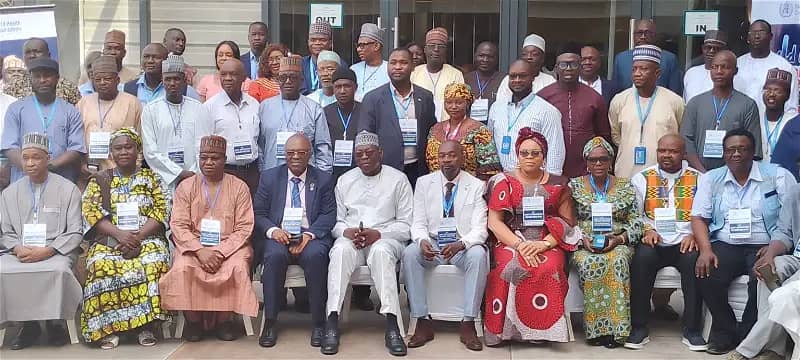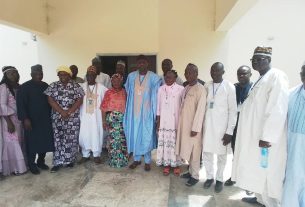Immunization anywhere in the world is a disease preventive measure.
Immunization, defined as a process by which a person becomes protected against a disease through vaccination, is wholeheartedly backed by all government authorities in Nigeria for the good of the citizens
Designed to protect mostly children, different disease-specific vaccinations are often rolled out for children of certain ages to keep away ailments that would usually afflict them.
Much as it is a health measure backed by government and administered by the government and development partners, very often, the citizens for whom vaccinations are deployed frequently reject them.
Immunization has however come to stay. What must happen is for the authorities to fashion out ways to improve public acceptance of all vaccines.
The World Health Organisation (WHO) has said this much through its country representative in Nigeria, Dr Walter Mulombo.
Speaking during the opening session of the 13th Joint Review meeting of Humanitarian Response in the BAY states (Borno, Adamawa and Yobe) taking place in Yola, Mulombo stressed that immunization is a human right of all children.
He asked government at all levels to help WHO see health deprivation in any form as human rights violation and not only when there are attacks or killings or when people are killed extra-judicially.
“A child missing vaccination should be treated as a human rights violation,” the WHO executive emphasized.
He added, “We should start discussing this when there is universal periodic review of human rights violation. We should not find it normal when children miss vaccination.”
Trending News reports about a few vaccine-preventable diseases that prove so deadly if allowed to occur that they are mostly called child killer diseases.
These preventable diseases include Measles, Diphtheria, Tetanus, Tuberculosis, and Pertussis.
By Onimisi Alao




